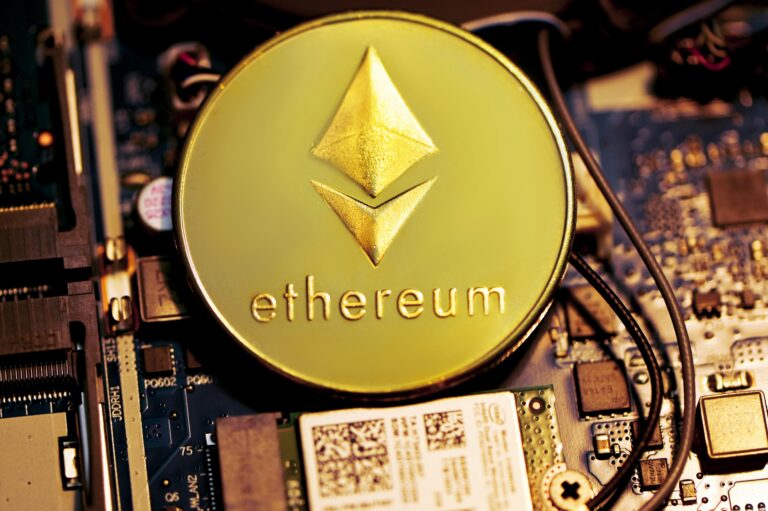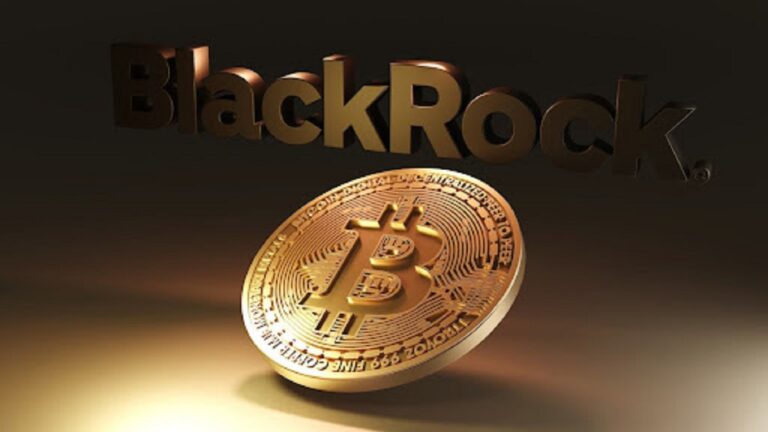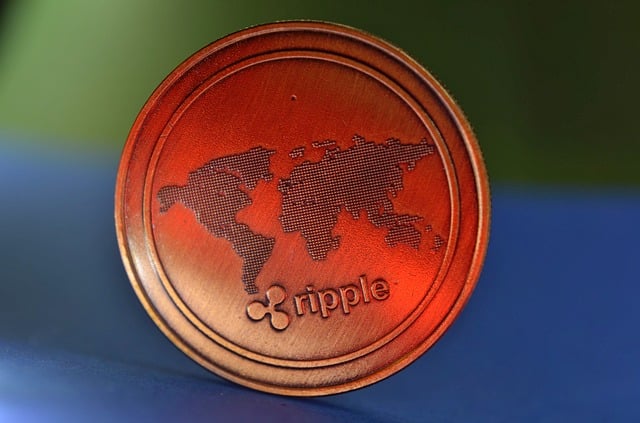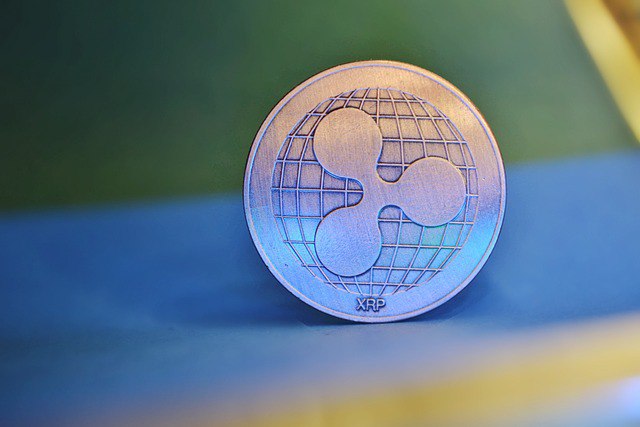- Polygon CEO Marc Boiron’s assertion that layer-3 networks drain value from Ethereum has ignited a contentious debate within the crypto community, raising questions about the role and impact of L3 protocols on Ethereum’s ecosystem.
- Proponents and critics weigh in on whether L3s enhance Ethereum’s functionality or pose a risk to its value proposition, while Ethereum co-founder Vitalik Buterin emphasizes the need for L3s to offer unique functionalities distinct from layer-2 solutions.
Polygon CEO Marc Boiron stirred the pot recently by reigniting the debate around layer-3 (L3) networks and their impact on Ethereum’s value proposition. Boiron’s assertion that L3s are siphoning value away from Ethereum has sparked a heated discussion within the crypto community, with proponents and critics weighing in on the matter.
Boiron’s argument, voiced on April 1, contends that L3 networks serve little purpose in scaling Ethereum and primarily function to divert value from the mainnet onto layer-2 (L2) solutions. According to Boiron, if all L3s settled onto a single L2, Ethereum would capture negligible value, jeopardizing its security in the process.
Responding to criticisms, Boiron clarified that Polygon’s mission revolves around scaling Ethereum while ensuring fair value distribution between L2 and the Ethereum mainnet. He emphasized that L3s are incongruent with this objective.
Layer-3 protocols, built atop L2 solutions, offer a spectrum of benefits including enhanced scalability, performance, interoperability, customization, and cost-efficiency. Leading players in the L3 ecosystem such as Orbs, Xai, zkSync Hyperchains, and Degen Chain on Arbitrum Orbit provide tailored solutions for decentralized applications.
Despite Boiron’s skepticism, proponents of L3 networks highlight their potential to augment Ethereum’s functionality without detracting from its value. Peter Haymond of Offchain Labs underscores the advantages of L3s, including cost-effective bridging, on-chain proofing, and specialized state transition functions.
However, the debate over L3 networks isn’t new. Ethereum co-founder Vitalik Buterin previously asserted that L3s should offer distinct functionalities, complementary to L2 solutions. Buterin’s stance suggests that for L3s to add genuine value, they must serve unique purposes rather than merely duplicating L2 functionalities.
Patrick McCorry of the Arbitrum Foundation expresses surprise at Boiron’s stance, emphasizing the potential of L3s to optimize settlement processes and leverage Ethereum’s robust infrastructure.
As the discourse surrounding layer-3 networks continues, it’s evident that opinions remain divided. While some view L3s as essential for expanding Ethereum’s capabilities, others caution against their potential to dilute the mainnet’s value proposition. Ultimately, the evolution of Ethereum’s ecosystem will hinge on striking a delicate balance between innovation and preserving the network’s integrity.

















